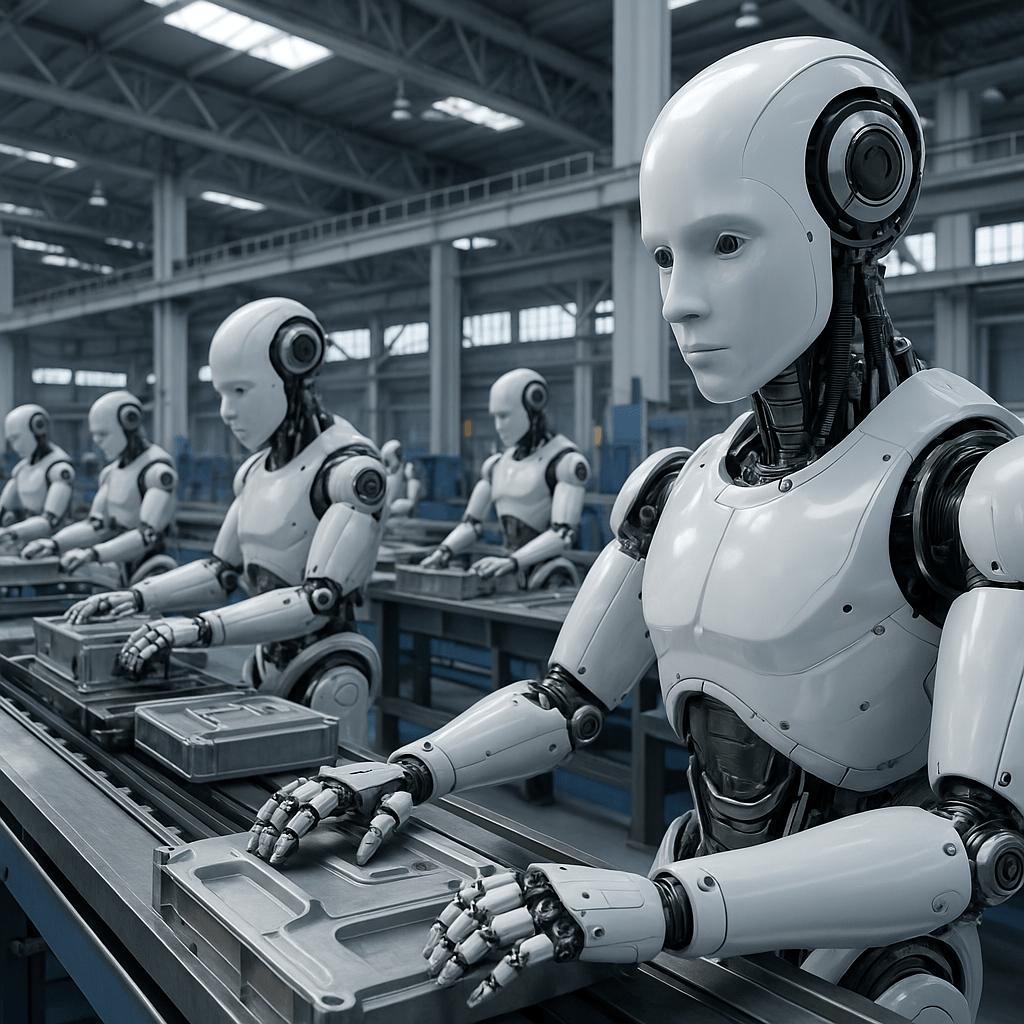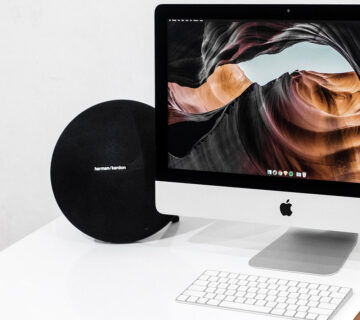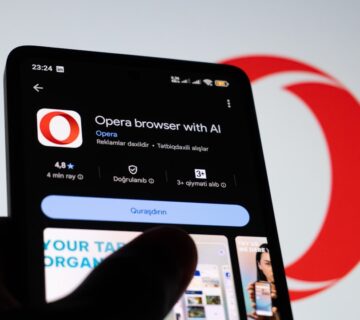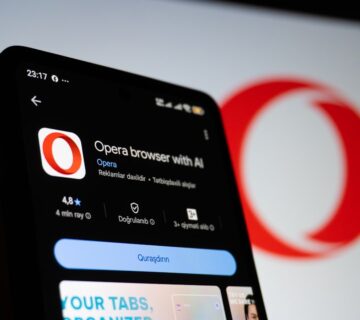It’s not the future anymore. AI isn’t something we’re waiting for, AI collaboration in the workplace already clocked in. It’s writing reports, analysing spreadsheets, summarising meetings, creating images, managing calendars, even helping make hiring decisions. And whether you’re excited, indifferent, or secretly hoping it all goes away… it’s here.
But here’s the truth: AI isn’t your replacement. It’s your new co-worker.
And like any new colleague, it’ll take some time to figure out how to work with it; what it’s great at, what it messes up, and what only you can do.
Let’s unpack what that actually means for your job, your skills, and your future.
Remember When Tech Was the Enemy?
We’ve been here before.
When email showed up, people said it would kill the post office. When Google launched, they said librarians would vanish. Excel became popular, some accountants panicked. But what happened?
The smart ones learned how to use the tools, and made themselves more valuable. The same thing is happening now.
AI is the next evolution in tools. The difference is that it feels more human and that’s what’s freaking people out.
Not All Jobs Are Created Equal, And That’s OK
There’s no sugar-coating it: some jobs will change dramatically. Roles built around repetitive, predictable tasks are already shifting. Data entry, transcription, basic copywriting, scheduling, these are now AI’s sweet spot.
But you know what AI’s not so great at?
- Reading the room
- Managing people’s emotions
- Telling stories that hit you in the gut
- Making judgment calls in messy situations
- Spotting patterns no one told it to look for
That’s where you come in. And that’s why this isn’t about a mass replacement. It’s about a realignment.
You might not do your job the same way in five years but you’ll still be doing work that matters.
The Skills That Age Well
The best question to ask right now isn’t “Will AI take my job?”
It’s “What parts of my job are uniquely human?”
If you build your career around skills that machines struggle with, you future-proof yourself. Here are a few worth sharpening:
- Curiosity: AI gives answers. But humans still need to ask the right questions.
- Storytelling: The ability to craft a message, build a narrative, or explain something in a way that moves people.
- Empathy: You can’t automate emotional intelligence.
- Adaptability: Things are moving fast. The ability to learn, pivot, and experiment will always matter.
- Discernment: Knowing when to trust AI and when to double-check it, that’s a skill too.
It’s OK to Feel Weird About AI collaboration in the workplace
A lot of people are nervous and that makes sense.
This isn’t just about tools. It’s about identity. It’s about purpose. For some, work is more than a paycheck; it’s pride, connection, contribution. So yeah, when AI enters the chat, it can feel like a threat.
But the shift isn’t about being less human. It’s about doubling down on being more human than ever before.
You’re Not Being Replaced. You’re Being Repositioned.
Here’s a reframe worth holding onto: AI won’t take your job. But someone who knows how to use AI might.
The good news? That someone can be you.
Learn the tools. Play with them. Use them to make your job easier, not harder. You don’t need to become an expert overnight, you just need to be curious enough to stay in the game.
Because in this new world of work, the people who thrive won’t be the ones who compete with AI. They’ll be the ones who know how to team up with it and do what only humans can do.
Final Thought
You don’t need to fear the future.
You need to understand it, shape it, and show up in it as someone who brings what no algorithm can: heart, insight, creativity, intuition.
Let the bots do the busywork.
You’ve got better things to build.





